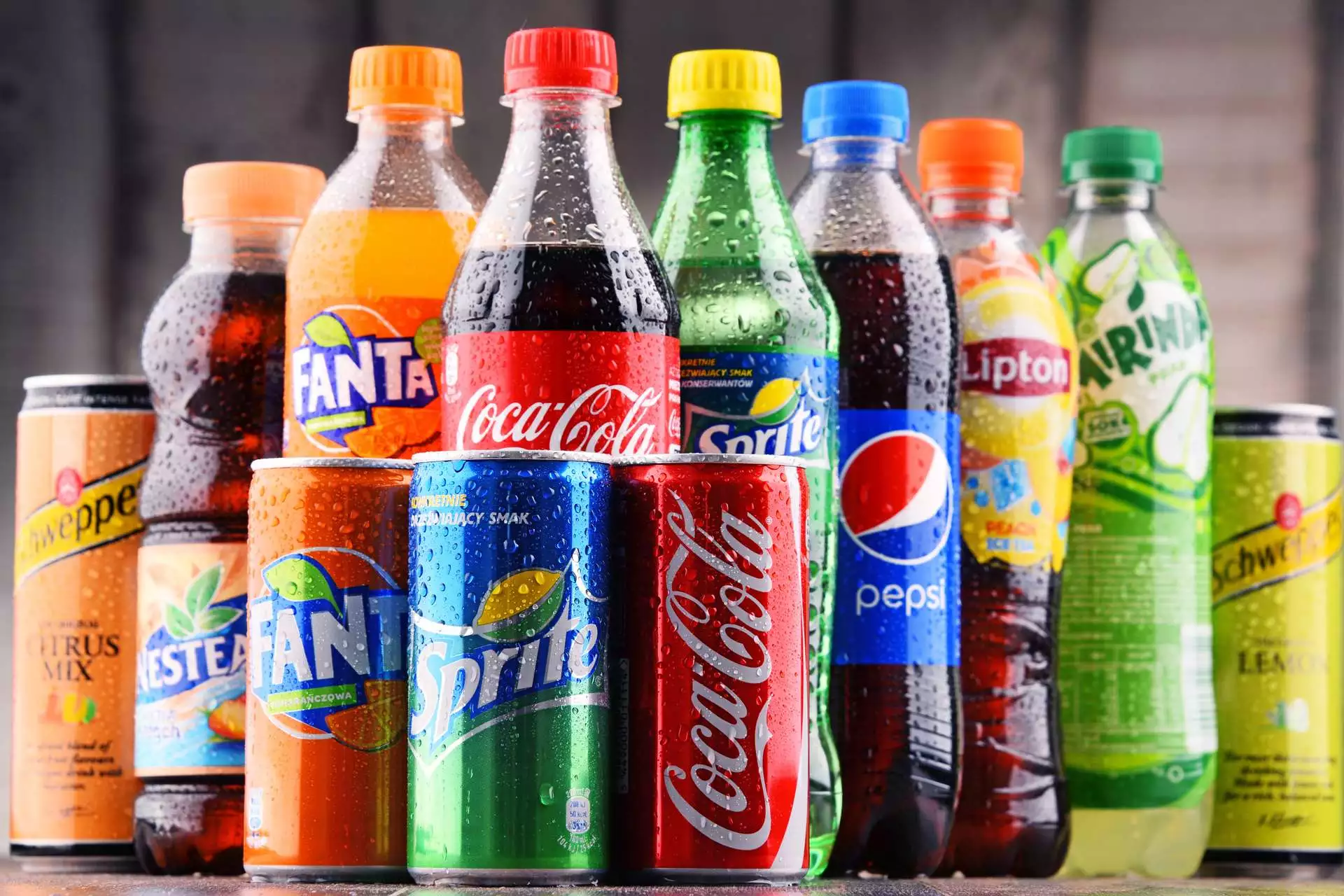A Lagos-based public affairs analyst, Omonaye Okoro, has faulted the Corporate Accountability and Public Participation Africa (CAPPA ) calls for increased taxation on Sugar-Sweetened Beverages (SSBs).
In his opinion piece titled “Nigeria’s Sugar “Crisis” Is a Myth – And Our Economy May Pay the Price for Believing It,” Okoro noted that the CAPPA’s recent report, “Junk on Our Plates,” attempted to portray the tax hike as a bold step toward public health reform.
CAPPA have argued that taxing SSBs will reduce non-communicable diseases (NCDs) like obesity and diabetes.
READ ALSO: MAN Firesback at NGOs Advocating for SSBs Tax Hikes
Okoro said that while the conversation about improving public health is important and should be encouraged, it must also be balanced, inclusive and fact-based—not rooted in imported narratives or incomplete data.
He noted that the CAPPA report’s recommendations revealed a “deep misunderstanding of the socioeconomic dynamics” shaping food and beverage consumption in Nigeria.
In Nigeria, per capita sugar consumption is roughly 8 kilograms per year, which translates to about 21 grams per day—well within the recommended safe limits.
The World Health Organisation (WHO) said that the safe limit for sugar consumption is about 25 grams (approximately 6 teaspoons) per day for an adult.
In Nigeria, per capita sugar consumption is roughly 8 kilograms per year, which translates to about 21 grams per day—well within the recommended safe limits.
This suggests that Nigeria does not have a sugar overconsumption crisis. In contrast, countries like the United States consume over 68 kilograms per capita annually, more than eight times Nigeria’s consumption levels,” he said.
He argued that if most Nigerians “are not consuming excessive sugar, who exactly is suffering from obesity and NCDs attributed to SSBs?”
The analyst emphasised the need for Nigerians to begin to broaden the health conversation beyond “vilifying soft drinks and SSBs.”










